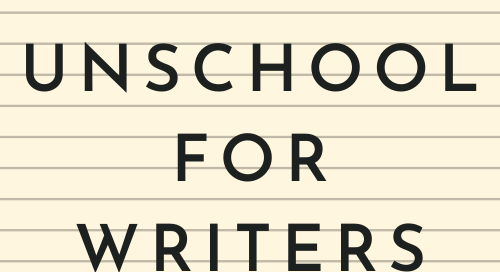Really leaping ahead here, with this post. (“Leaping ahead” as in the title: “POST MFA.”) But I do believe that writers’ knowledge is a real mix, from the raw questions of the beginner to the nuanced questions of not only someone who’s “been around” awhile, but is heading into the depths and far reaches of an involved project; yes, this can happen with Novel #11… or any project. There are always new questions. At the very least, your training-writing—let’s call it—or your apprenticeship “program”— should cover ‘how to learn.’ Always, after any program, there is the self-educating that has to happen to move forward in your vocation
I’m looking forward to when we’ve been doing this Unschool thing long enough to remove the quotation marks around “program.” Apprenticeship is a good word; just the process itself takes a lot longer than any of us expect it to.
So… who is Lindsay Wong? An ex-student of mine, during her BFA time. Then she went on to Columbia for grad work, and published The Woo Woo, a memoir which won the BC Book Prize for nonfiction.
Let’s look at these questions:
Taxes
When you join TWUC—The Writers’ Union of Canada—they send you a “welcome” package, and it includes a useful booklet on taxes. I’m guessing that American Writers’ associations also have such information.
*As I am putting together these Unschool posts, I’m compiling a list of topics/questions to explore further. This—“taxes”— will go onto that list. I would be loathe to do any “advising” on this, but have read through the TWUC booklet in the past to remind myself of what is a write-off. Really, each of Lindsay’s questions could be an entire post! But just to get the process going here…
Perhaps most basic to know: you can claim write-offs before you begin to create income from writing, so long as you are able to produce evidence of working at your craft.
A “day job” to support writing
There are such different views on this. In Rita Mae Brown’s, Starting From Scratch, she states—as only Brown can!—that writers should not have “day jobs” in any way connected with writing. Writing/work energy should be used for writing, to her mind. She lists house renovating and fixing cars for $$ as her “day job” of choice. After years of teaching, I’m inclined to agree with her… yet also have to acknowledge all the ways that teaching has worked together in my life with writing in years past. And there are many forms of teaching, so many choices. There is teaching that is so intensive that it will drain you. (Consider, for example, if you prefer working with material that is somewhat similar to your own, or very different… or what genres might be enlivening, and others deadening, to your own work. For instance, you might have passion for teaching short fiction, but working on another’s memoir might be too emotionally demanding. How are you with boundaries? Can you create boundaries around your own work? This can become critical. The more you write, the longer you write, the more you will understand what it takes from you and what it gives, and how that will work with the other ways by which you create income.
And balance
Lindsay has included “balance” along with the day job question, for good reason.
There are many approaches to making a living from writing. And as always, an understanding of yourself is key. Knowing how long you can sit at a computer, or where/how/when you are best writing (though this—especially the “when”—has shifted dramatically through my life. See the post on “Optimal Writing Time”). Knowing how physical you need to be—do you need to go run for 30 minutes for every hour of sitting? Would you be best doing another job that is about standing and moving to balance with your writing… or…?
Are you going to be happy working a job eight hours, Monday to Friday, and writing early or late, until you have some degree of “success” to lessen the number of hours, and increase the writing time?
Would you prefer to write for most of the day? What is your comfort level with low income? What do you need to meet basic needs? and how much more than that do you need? Or for how long are you willing to live in this way?
The truth about being a creative is that in order to be “successful” (and I’ll define that as being able to support yourself in order to create!) you have to be more entrepreneurial than the average business-person—true.
Again, this could be, and should be, so much longer, and with more detail. But I’ll leave you, for now, with a Gustave Flaubert quote that still holds: Be regular and orderly in your life… so that you may be violent and original in your work.
When your book doesn’t sell, and Being a public figure… Watch for part two of this.
Lindsay, thank you giving me permission to share your tweet/questions!





